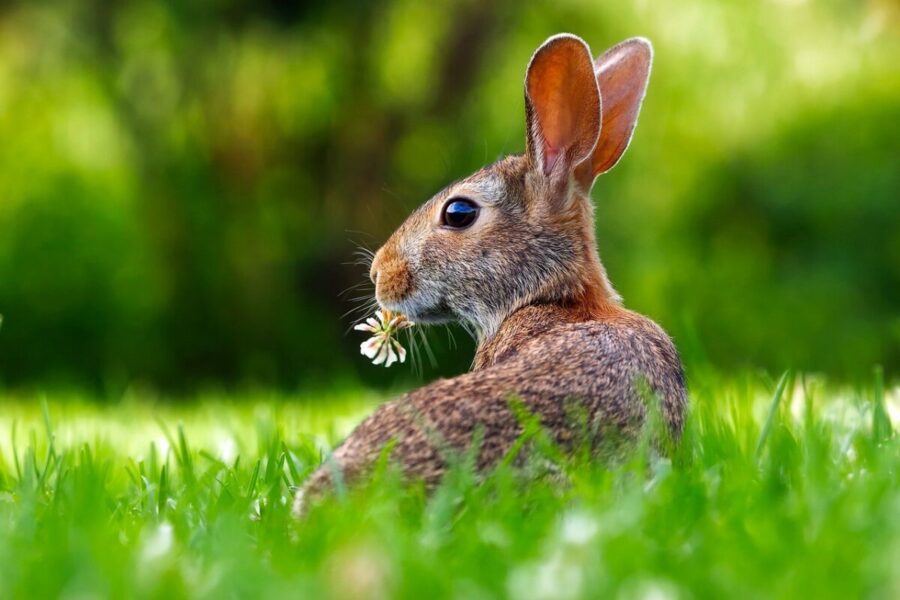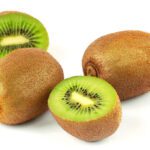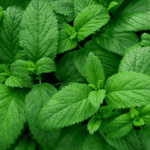
There are so many misconceptions today about what rabbits should and should not eat, especially because of what is sold and marketed, and many pet stores still hold antiquated views on bunnies. We know that our furry bun friends are herbivores, and we can feed them all sorts of raw leafy greens and some fruits in moderation, and let’s not forget hay is 80% of their diet.
Let’s take a look at the top foods that will kill your rabbits, and they should never eat. Thanks to a complex system of gut flora, these bacteria have developed a beneficial mutual relationship with rabbits that help our fuzzy friends digest otherwise tough and resistant plant matter, but what about all the fruits, veggies, and other snacks that could make your rabbit very ill to the potential point of a death sentence. Let’s Discover them all!

It’s safe to treat most houseplants as being toxic to your rabbit, even if the plant you’ve purchased is assumed to be safe for your rabbit to consume. You can’t guarantee whether or not it may have been exposed to any chemicals directly or indirectly before you brought it home. As a result, it is generally best to keep all houseplants well-trimmed and out of reach from your curious little bunny.
We see many of these at the pet store, rabbits lack the correct amount of lactase to digest dairy products properly. According to studies, researchers suggest that yogurt drops may contribute to fatal cases of enterotoxemia, a toxic overgrowth of harmful bacteria in the intestinal tract. If you want a healthy treat to feed your bunny, try a small slice of natural raw fruits such as strawberry, banana, blackberry, or blueberry.
As previously mentioned, rabbits eat a raw plant-based diet as herbivores. Rabbits’ gastrointestinal tracts are designed only to break down vegetation and roughage. Though, most rabbits would turn their nose up at a piece of steak or chicken, they do have a sweet tooth, and some may find dairy products like yogurt drops enticing consumption of these products.
Eventually, this lead to gastrointestinal upset and increase the risk of obesity or disruption of the microbiome for these reasons, you should avoid feeding your rabbit any product containing meat, eggs, dairy, or other animal proteins.
Save the french fries for yourself, not for your bunny. A toxic compound called solanine makes green potatoes potentially deadly even if a potato is entirely ripe and free of the green that indicates the toxin. Its nutrient value is unsuitable for rabbits high in calories and consists almost solely of carbohydrates in the form of complex starches. Potatoes can also lead to gi stasis and negatively impact your rabbit’s gut bacteria.
Grains and starches, including but not limited to bread, pasta, cereals, cookies, and crackers. Some rabbits go crazy for cereals, for example, and while it may be tempting to give them a little bit as a treat, these foods high in starches and sugar will only cause gut problems for your rabbit.
Remember that rabbits need a high-fiber diet, not a high-carbohydrate diet. A rabbit’s digestive system is not typically built for grains, and feeding them these starches could lead to enterotoxemia or gi stasis.
Typically most lettuces are appropriate for a rabbit except for this one, as it can contain lactucarium, a chemical that can be harmful to your bunny’s health if ingested. Iceberg lettuce also has mostly water and will add little to no nutrition to your rabbit’s diet side effects can include diarrhea and physical weakness. Baby rabbits can even die from over-ingesting iceberg lettuce.
Whether stored, bought, or found in the wild, rabbits should not be fed mushrooms. They contain a variety of mycotoxins that remain present in the fungi, whether raw or cooked, and are harmful to rabbits if ingested in large quantities. Some of the effects of mushroom toxicity can include diarrhea, organ damage, and neurological effects.
We, as humans, love our avocado toast, but you should be careful not to share that with your bunny. Avocado is a hazardous food for rabbits because it contains a toxic compound called persin. If your rabbit ingests too many persin, it will quickly develop breathing problems, leading to heart failure and death in many cases.
Any food for other animals, such as hamsters, dogs, cats, or birds. In multi-pet households, it’s common for animals to share or steal each other’s food, and some animals can eat such foods interchangeably. Rabbit’s tummies are much more fragile, and while some of this food may not be toxic, you should not encourage this behavior with rabbits. Foods of other animals can contain a mixture of high calories causing weight gain or ingredients that have nuts and seeds that are high in calcium for a bunny.
Chocolate is an absolute no-no for bunnies. Chocolate has no place in your rabbit’s diet with dogs. It contains two types of methylxanthines that are very harmful theobromine and caffeine. The higher the cocoa content, the higher the concentration of methylxanthines, so your rabbit eating dark chocolate would be considered a medical emergency.
According to pdsa symptoms of chocolate poisoning include diarrhea, restlessness squirming when you try and touch their stomach trembling, panting, and a high temperature.
Rabbits are already on alert mode, even when you think they’re sleeping, so we don’t need to give them coffee, either brewed or still in bean form. It’s toxic to them because it contains methylxanthines and caffeine. These cause a long list of gastric issues, and the ending is often the same death by heart arrhythmia or seizures. Before your rabbit’s end, your rabbit will suffer from dehydration, diarrhea, tremors, and confusion.
Not only that, but most coffee drinks are loaded with added sugars and sometimes cream, and as we know, all those ingredients are on the no-no list. Always remember, sugar should only be fed in moderation
Next, we have alcohol. This should be a no-brainer, right? Giving your rabbits alcohol is a form of abuse. Alcohol is toxic to humans, so why would you provide it to a rabbit? Some people might think it’s funny or do it is a joke or give their rabbit a sip of their wine, but guys, let’s not go there. Always avoid giving your bunnies alcohol.
Thankfully rabbits hate the smell of garlic and onion, but any members of the pungent-smelling allium family can make your rabbit very sick. If eaten by mistake, rabbits don’t have the digestive enzymes necessary to process them.
Here’s a good rule of thumb to all you bunny owners out there if you have to question it, don’t do it, and if your bunny reacts negatively to accidentally ingesting any of the foods mentioned above, please do not wait to seek medical help take your rabbit to the nearest rabbit-savvy vet if you’re aware of the classic rabbit diet.




